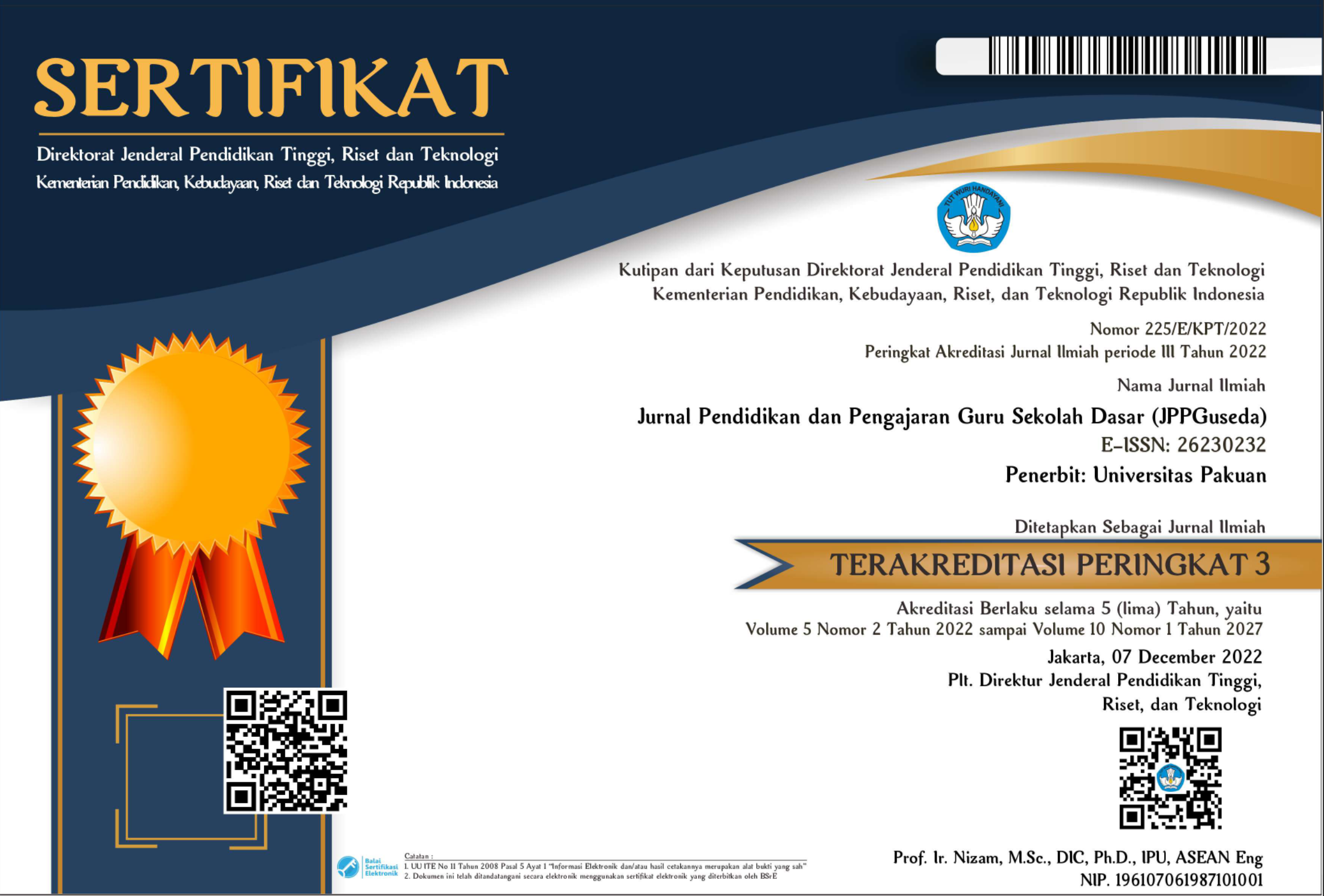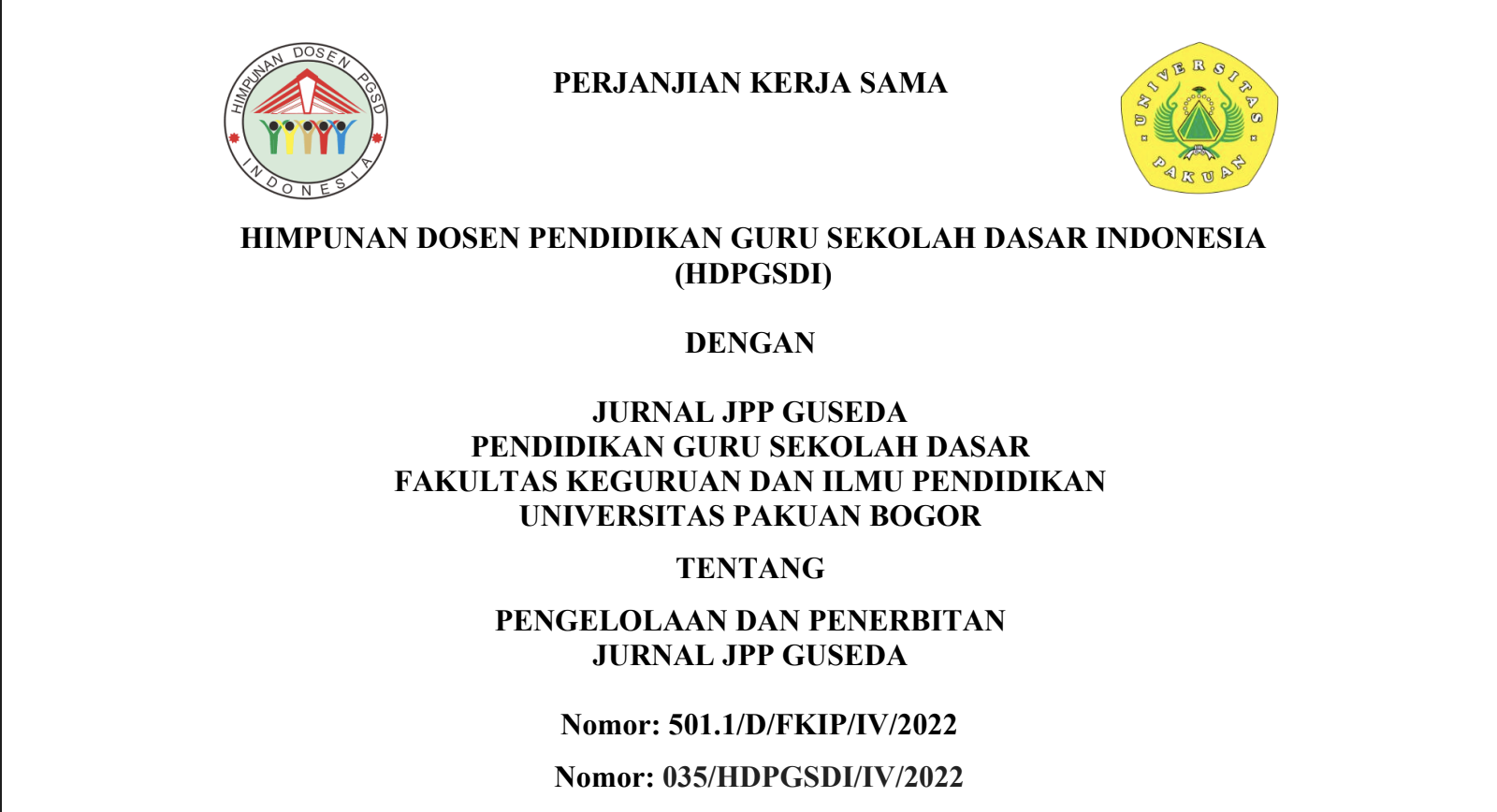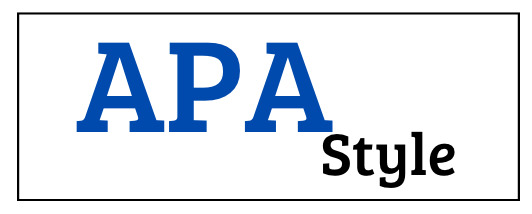METODE PENGAJARAN MENGGUNAKAN MODEL AUDISI PENCARIAN BAKAT DI TELEVISI
Abstract
TEACHING METHODS USING THE TELEVISION TALENT SEARCH AUDITION MODEL
The main purpose of this study was to answer the five (5) questions the research on: Motivation, Achievement, competition, prestige (esteem) and orderly time, will be missed on the research results, in addition to the collaboration between the teaching style audition with, the development of a model audition that of the entertainment program on television. This research study is to do a collaboration between teaching style audition to audition models program television.The study the authors chose a model using fenomenology, in an effort to further explore the internal factors and external factors of the participants individually, so not just displaying figures on the above calculation paper. Findings From the results obtained from processing of data and calculation of the amount of value as well as the interview shows the results of the acquisition value the better of each meeting seen this from the value that was obtained, at a meeting of the audition stage three (3), already visible once the values are moving fluctuating. Significance those who scored high and moderate increased while the low score decreased, indicating a significant change, after combining teaching methods and audition models such as television programs (talent shows)., There was a significant increase.
Keywords
References
N. Ahyat, Metode Pembelajaran Pendidikan Agama Islam,†EDUSIANA J. Manaj. dan Pendidik. Islam, 2017, doi: 10.30957/edusiana.v4i1.5.
Speech, Language, and Audition,†in Readings in HumanComputer Interaction, Elsevier, 1995, pp. 525537.
S. Padmowihardjo, Psikologi Belajar Mengajar,†Pengertian Psikol. Belajar Mengajar dan Defin. Proses Belajar, 2014.
J. Rothenberg, Ensuring the Longevity of Digital Information,†Int. J. Leg. Inf., 1998, doi: 10.1017/s0731126500000469.
J. Osborne, Teaching Critical Thinking? New Directions in Science Education.,†Sch. Sci. Rev., 2014.
K. (n. d. ). S. M. on C. R. from http://www. cs. uic. edu/~xkong/wsdm14_lu. pd. Ukpe et al., Online and digital media usage on cell phones among low-income urban youth in Cape Town,†Cent. Film Media Stud. Univ. Cape T., 2009.
P. Suprastowo, Kontribusi Bantuan Siswa Miskin terhadap Keberlangsungan dan Keberlanjutan Pendidikan Siswa,†J. Pendidik. dan Kebud., 2014, doi: 10.24832/jpnk.v20i2.135.
U. Mahboob and P. Evans, Assessment of professionalism in integrated curriculum: The facultys perspective,†J. Coll. Physicians Surg. Pakistan, 2013, doi: 11.2013/JCPSP.771774.
T. Ali, Analisis Indikator Kegagalan Siswa Dalam Menempuh Pendidikan Di Sekolah,†J. Ilm. Pendidik. dan Pembelajaran(JIPP), vol. Vol 4, No, pp. 537545, 2020, doi: DOI: http://dx.doi.org/10.23887/jipp.v4i3.23989.
Aulia Ika Wulandari, Bambang Suteng Sulasmono Pengaruh Penggunaan Pendekatan Pendidikan Matematika Realistik (Pmr) Terhadap Hasil Belajar Siswa Sekolah Dasar, DOI: 10.33751/jppguseda.v3i2.2541.
S. J. Zuiker, N. Piepgrass, A. Tefera, K. Anderson, K. Winn, and G. Fischman, Advancing Knowledge Mobilization in Colleges of Education.,†Int. J. Educ. Policy Leadersh., vol. 15, no. 1, 2019.
A. tatang T. Saidi.S, Analysis the Hidden Advantages of Written Pretests for Student Intelligence,†Int. J. Educ. Vocat. Stud., vol. 1, no. 7, p. 15, 2019, doi: 10.29103/ijevs.v1i7.1677.
A. M. Faizah, Kajian Tindakan dan Pembangunan Profesional Guru-guru di Malaysia: Cabaran dan strategi,†Semin. Pendidik., 2016.
S. Anitah, Strategi Pembelajaran di SD. 2009.
C. Moustakas, Phenomenological research methods. 2011.
M. Sukiasih, Peningkatan Prestasi Belajar Bahasa Indonesia Dalam Menulis Puisi Pada Siswa Melalui Implementasi Model Pembelajaran Kooperatif Tipe Tgt,†J. Imiah Pendidik. dan Pembelajaran, 2018, doi: 10.23887/jipp.v2i3.16230.
D. W. Smith, Phenomenology (Stanford Encyclopedia of Philosophy),†Stanford Encycl. Philos., 2013.
J. Creswell, Qualitative, quantitative, and mixed methods approaches,†in Research design, 2013.
S. P.D, Metode penelitian pendidikan pendekatan kuantitatif.pdf. 2014.
M. B. Milles, M. A. Huberman, and J. Saldana, Qualitative Data Analysis A methods Sourcebook Edition 3. 2014.
B. Yazan, The Qualitative Report - Three Approaches to Case Study Methods in Education: Yin, Merriam, and Stake,†Teach. Learn., 2015, doi: 10.1007/BF00243003.
DOI: 10.55215/jppguseda.v4i1.3186
 Abstract views : 536
Abstract views : 536
Refbacks
- There are currently no refbacks.
Copyright (c) 2021 Jurnal Pendidikan dan Pengajaran Guru Sekolah Dasar (JPPGuseda)

This work is licensed under a Creative Commons Attribution-NonCommercial 4.0 International License.




















